Understanding Social Security and Medicare Taxes
The economic collapse of 1929 and the subsequent Great Depression impoverished millions of Americans. The economic crisis culminated in the passage of the Social Security Act of 1935, a federal law providing a financial safety net to the elderly, unemployed and others.
Social Security was originally financed by a 2 percent tax on an employee’s first $3,000 in wages – half taken from the employee’s paycheck and half from the employer – for the employee’s benefit. These so-called “FICA taxes” were named for the Federal Insurance Contributions Act (FICA) passed to finance Social Security’s Title II benefits provision, thus explaining why Social Security is often called a Title II program.
Social Security Benefits Extended to New Groups
After operating unchanged for 21 years, Social Security began to add benefits in 1956. In the 1950s, benefits were extended to disabled workers and their dependents. In the 1960s, disability benefits were granted to widows and widowers.
Medicare, a program providing healthcare coverage to those 65 and older, and Medicaid, a medical assistance program for low-income individuals, were also launched.
Rising Benefits Lead to Rising Costs for Social Security
In the 1970s, the programs adopted automatic cost-of-living increases. By the early 1980s, expanded Social Security benefits and required additional funding to provide the necessary benefits to eligible individuals. To cover expenses, payroll tax rates began to rise, reaching 15.3 percent in 1990.
Today, the Social Security Old Age, Survivors, and Disability Insurance (OASDI) tax is 12.4 percent, with half deducted from an employee’s paycheck and the other half paid by the employer, according to SSA.gov. The Medicare tax is 2.9 percent, also split between employee and employer.
While overall FICA tax rates have remained unchanged, taxable wage bases have increased. Beginning in 2006, up to $94,200 of an employee’s wage income is subject to tax. For Medicare, all wages are subject to tax. This “pay-as-you-go” system supports retirees and other eligible groups with payroll taxes collected from today’s taxpayers.
If you are disabled and no longer able to work, you may be eligible for Disability Insurance Benefits. You’ve paid into the system through FICA and OASDI withholding and now may be your time to be paid back. A Michigan DIB attorney can help you through the application, and if necessary the appeals process, on your way to securing Social Security benefits.

